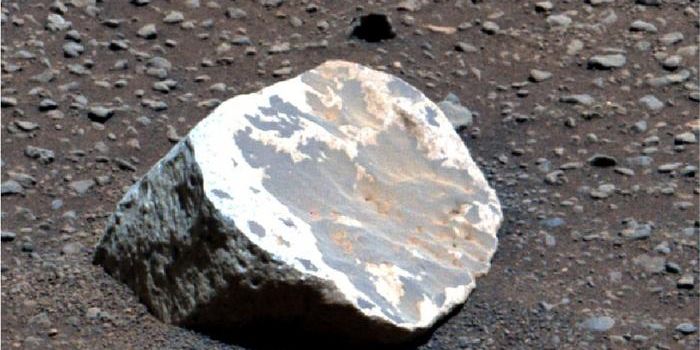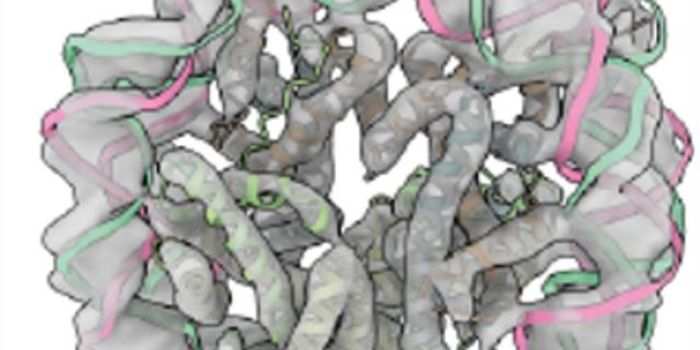Nucleic acid testing strip diagnoses tropical fevers
A new device has been developed by researchers at the Gwangju Institute of Science and Technology in Korea that can diagnose tropical fever diseases using a strip of paper. The “lab-on-paper for all-in-one molecular diagnostics,” or LAMDA for short, hopes to provide an inexpensive, automatic technique of early diagnosis for people in rural regions who suffer from mosquito diseases like the zika, dengue, and chikungunya viruses.
Led by Professor Min-Gon Kim, the team developed LAMDA by mimicking the all-in-one laboratory idea of an over-the-counter pregnancy test. Typical of a standard nucleic acid test, LAMDA uses a blood serum sample to detect the presence of any of the three viruses in less than an hour. The team’s findings are published in the journal Biosensors and Bioelectronics.
As reported by Eureka Alert, “To use LAMDA, one has to simply place a drop of blood serum and some drops of distilled water on two pads. The liquids naturally flow through the paper strip horizontally and reach the base of a small vertical stack of layers that extracts all the RNA from the sample and multiplies any existing viral RNA of the three diseases.” The presence of viral RNA causes the fluorescent indicators on the device patch to become dim.
Professor Kim comments: "We believe that with minor modifications, such as a portable system to maintain reaction temperature at 65°C and a means to detect the fluorescence change with a smartphone, the proposed all-in-one paper chip can become a portable, low-cost, user-friendly, sensitive, and specific nucleic acid test platform with great potential in point-of-care diagnostics."
The research team hopes that LAMDA will offer a tool to resource-limited clinics and hospitals where tropical fever diseases are common. "We certainly hope that our approach and achievements with LAMDA will be helpful to advance research and development of on-site medical diagnostic tools," Kim adds.
Sources: Biosensors and Bioelectronics, Eureka Alert









